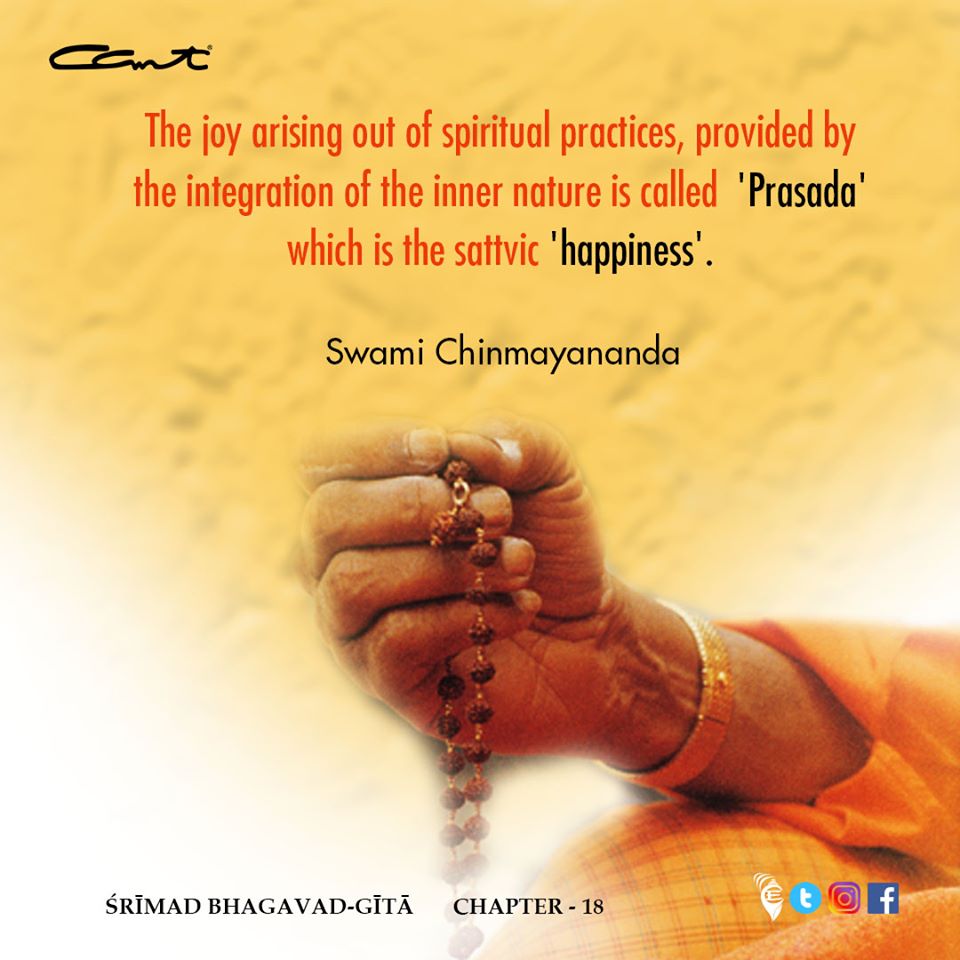What Is Brahmam ? - Sri Aurobindo
========================================================================
======================================================================
08/12/2019.
The term “Brahman” is used, in preference to the term “God”, because it allows connotations beyond those normally associated with the term “God”. When we consider “God”, what is it that we think? Many people have an anthropomorphic view of God and imagine some kingly individual sitting up in the clouds managing what we do, how we do it and judging us for our fitness to enter into heaven. Others, of a more philosophical bent, talk about the characteristics of God as being all-knowing and all-powerful, again, with an anthropomorphic view, attributing these characteristics to God in the way we would say that an individual is “intelligent” or “strong”. Still others reference an experience that overcomes them emotionally or physically which they attribute to being the spirit of God.
When we consider the term “Brahmam” however, we are able to leave behind these various projections about the nature of God and leave aside also the built-in associations and connotations that have come to be associated with God”.
Sri Aurobindo gives us a sense of the meaning of “Brahmam”: “Whatever reality is in existence, by which all the rest subsists, that is Brahmam. An Eternal behind all instabilities, a Truth of things which is implied, if it is hidden in all appearances, a Constant which supports all mutations, but is not increased, diminished, abrogated, — there is such an unknown X which makes existence a problem, our own self a mystery, the universe a riddle.”
“It is the highest and this highest is the all; there is none beyond and there is none other than it. To know it is to know the highest and by knowing the highest is to know all. For as it is the beginning and source of all things, so everything else is its consequence; as it is the support and constituent of all things, so the secret of everything else is explained by its secret; as it is the sum and end of all things, so everything else amounts to it and by throwing itself into it achieves the sense of its own existence. This is the Brahmam.”
The Taittiriya Upanishad, as translated by Sri Aurobindo, states: “The knower of Brahmam reacheth that which is supreme. This is that verse which was spoken; ‘Truth, Knowledge, Infinity the Brahman, He who knoweth that hidden in the secrecy in the supreme ether, Enjoyeth all desires along with the wise-thinking Brahmam.”
The study of the Taiitiriya Upanishad is focused on knowing Brahmam, not with the intellect, but through a knowledge by identity gained through the practice of the science of Yoga and its application in the life of the seeker.
***
=======================================================================
======================================================================
08/12/2019.
The term “Brahman” is used, in preference to the term “God”, because it allows connotations beyond those normally associated with the term “God”. When we consider “God”, what is it that we think? Many people have an anthropomorphic view of God and imagine some kingly individual sitting up in the clouds managing what we do, how we do it and judging us for our fitness to enter into heaven. Others, of a more philosophical bent, talk about the characteristics of God as being all-knowing and all-powerful, again, with an anthropomorphic view, attributing these characteristics to God in the way we would say that an individual is “intelligent” or “strong”. Still others reference an experience that overcomes them emotionally or physically which they attribute to being the spirit of God.
When we consider the term “Brahmam” however, we are able to leave behind these various projections about the nature of God and leave aside also the built-in associations and connotations that have come to be associated with God”.
Sri Aurobindo gives us a sense of the meaning of “Brahmam”: “Whatever reality is in existence, by which all the rest subsists, that is Brahmam. An Eternal behind all instabilities, a Truth of things which is implied, if it is hidden in all appearances, a Constant which supports all mutations, but is not increased, diminished, abrogated, — there is such an unknown X which makes existence a problem, our own self a mystery, the universe a riddle.”
“It is the highest and this highest is the all; there is none beyond and there is none other than it. To know it is to know the highest and by knowing the highest is to know all. For as it is the beginning and source of all things, so everything else is its consequence; as it is the support and constituent of all things, so the secret of everything else is explained by its secret; as it is the sum and end of all things, so everything else amounts to it and by throwing itself into it achieves the sense of its own existence. This is the Brahmam.”
The Taittiriya Upanishad, as translated by Sri Aurobindo, states: “The knower of Brahmam reacheth that which is supreme. This is that verse which was spoken; ‘Truth, Knowledge, Infinity the Brahman, He who knoweth that hidden in the secrecy in the supreme ether, Enjoyeth all desires along with the wise-thinking Brahmam.”
The study of the Taiitiriya Upanishad is focused on knowing Brahmam, not with the intellect, but through a knowledge by identity gained through the practice of the science of Yoga and its application in the life of the seeker.
***
=======================================================================



.jpg)

Comments
Post a Comment